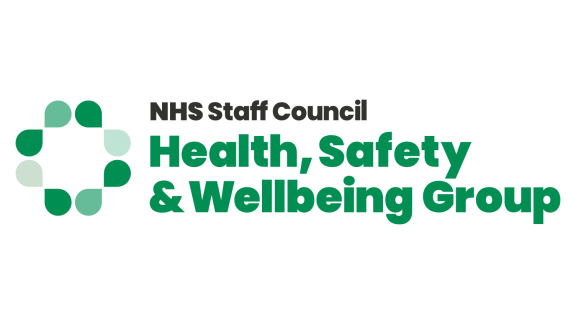Supporting NHS staff with long COVID
26 April 2024
Authors
-
Kim Sunley Head of Health, Safety and Wellbeing - Co-chair, NHS Staff Council Health, Safety and Wellbeing Group
 Jenny Michael Head of Health and Safety - Co-chair, NHS Staff Council Health, Safety and Wellbeing Group
Jenny Michael Head of Health and Safety - Co-chair, NHS Staff Council Health, Safety and Wellbeing Group
Share

In this blog, Kim Sunley and Jenny Michael, co-chairs of the NHS Staff Council’s Health, Safety and Wellbeing Group (HSWG), look at the resources and practical measures available to support healthcare workers experiencing long COVID.
With Module 3 of the COVID inquiry due to hear evidence later this year, and Workers’ Memorial Day (or World Day of Safety and Health at Work) marked at the end of April, this is a timely opportunity to not only remember those healthcare workers who lost their lives from COVID-19, but also those who continue to suffer long-term health effects from the virus.
Long COVID can present in many ways, but the most common symptoms are extreme fatigue, brain fog, joint pain and shortness of breath. It is a fluctuating condition which can make it challenging to plan activities and work.
One of the concerns we hear from healthcare workers suffering from long COVID is they often feel that their managers or peers do not believe their symptoms, and there is sometimes a lack of empathy.
"Healthcare workers suffering from long COVID often feel their managers or peers do not believe their symptoms"
It’s not rocket science, but an empathetic manager with support from occupational health and human resources can go a long way in making these and all workers with chronic health conditions feel cared for.
The NHS Staff Council’s Health, Safety and Wellbeing Group’s updated guidance on promoting health and wellbeing and attendance at work advocates an empathetic approach. An approach which focuses on what the employee can do or might be capable of doing with reasonable help, rather than what they cannot do due to illness or injury.
Those who have been suffering from debilitating symptoms for a year or more may be classed as having a disability or being disabled.
Revised guidance from the NHS Staff Council’s Equality, Diversity and Inclusion Group on building disability inclusive workplaces provides advice to employers on what support they should offer to staff. Flexible working is a particularly helpful reasonable adjustment for staff with long COVID.
"With ever-increasing demands on healthcare services, we can ill afford to lose these workers"
Fair treatment and support for these skilled and experienced NHS staff is essential. With ever-increasing demands on healthcare services, we can ill afford to lose these workers.
While we wait to hear the lessons learned and recommendations from the inquiry, including how we can better protect healthcare workers from the health effects of future pandemics, let’s do everything we can as employers and healthcare trade unions to support NHS staff with long COVID.
Additional information on supporting staff with long COVID can be found in our COVID-19: NHS Staff Council joint guidance.